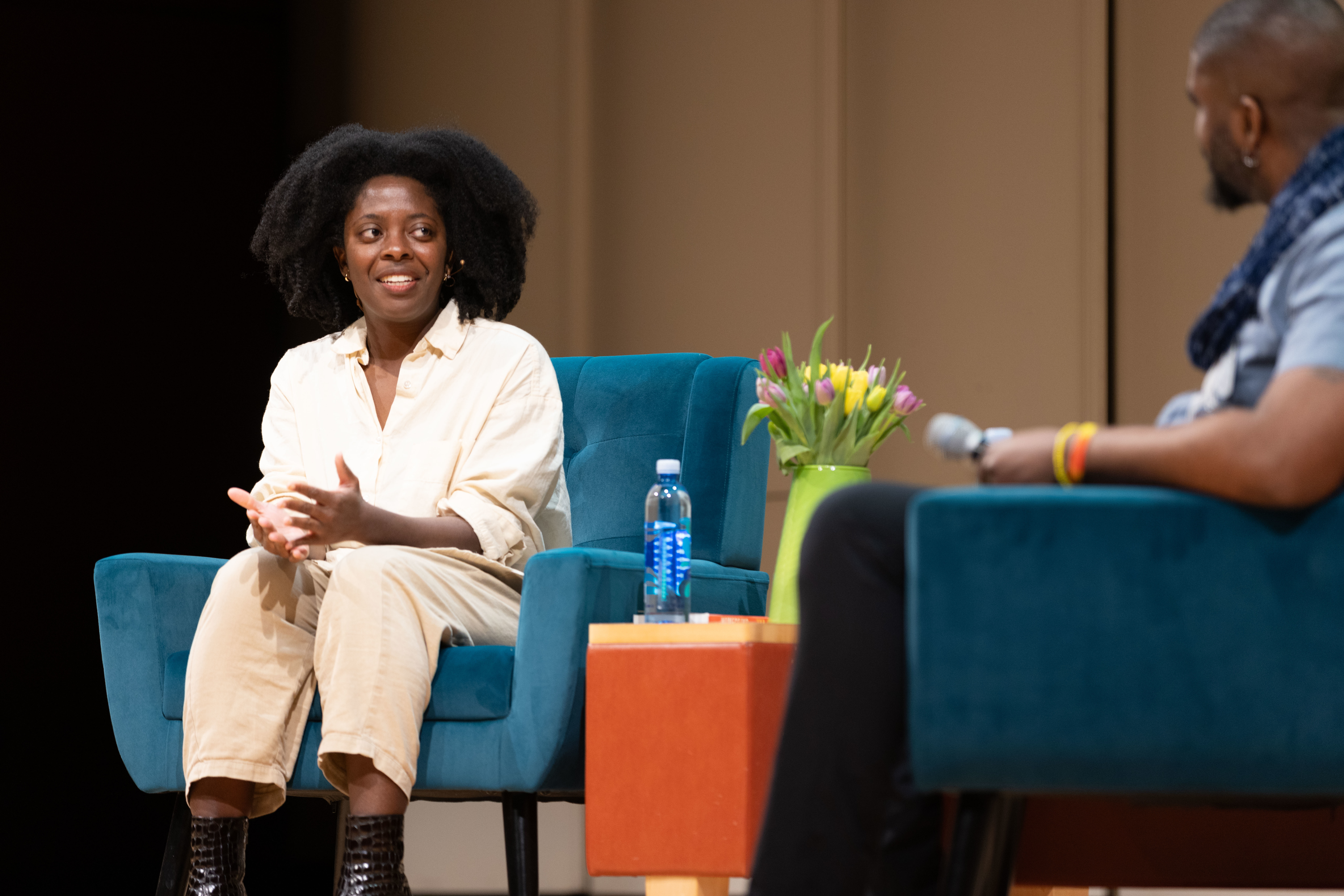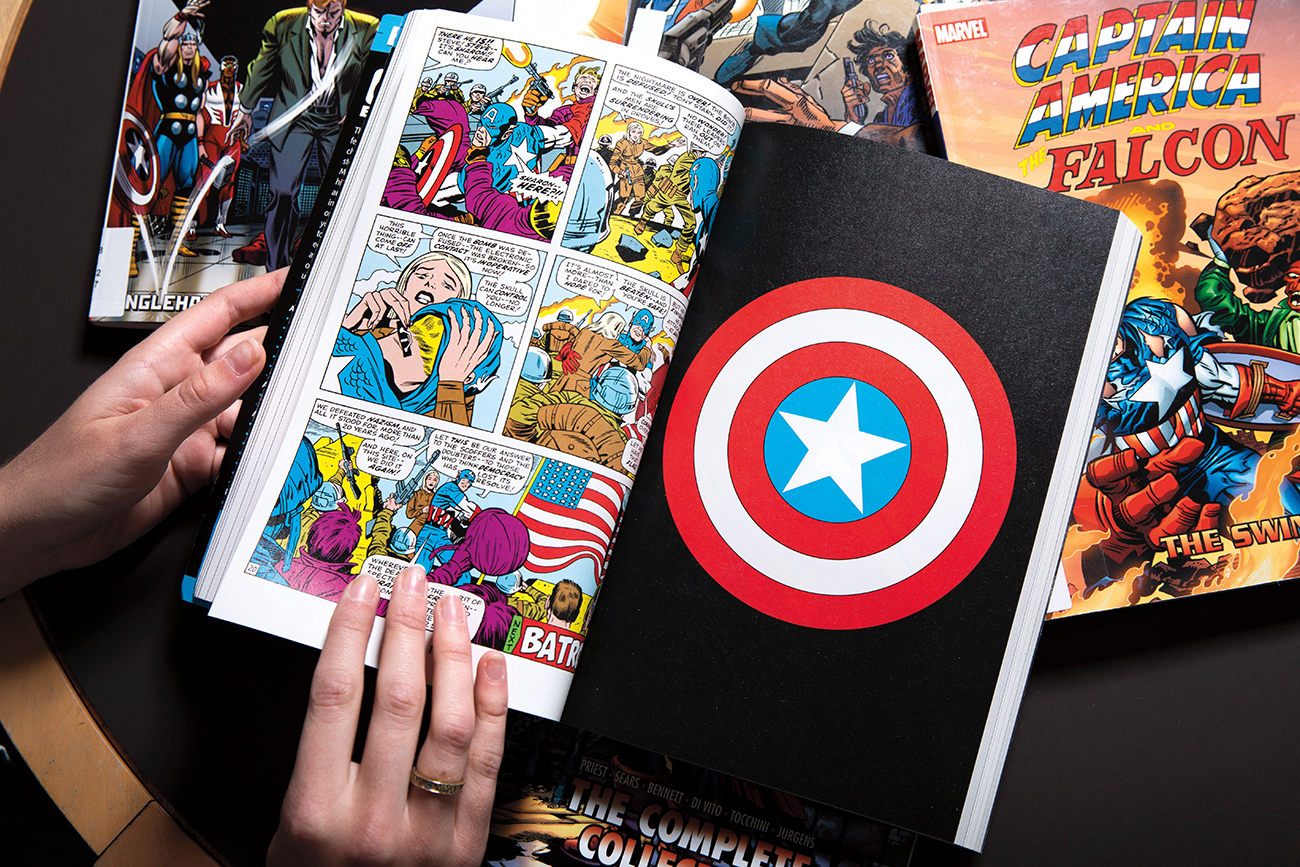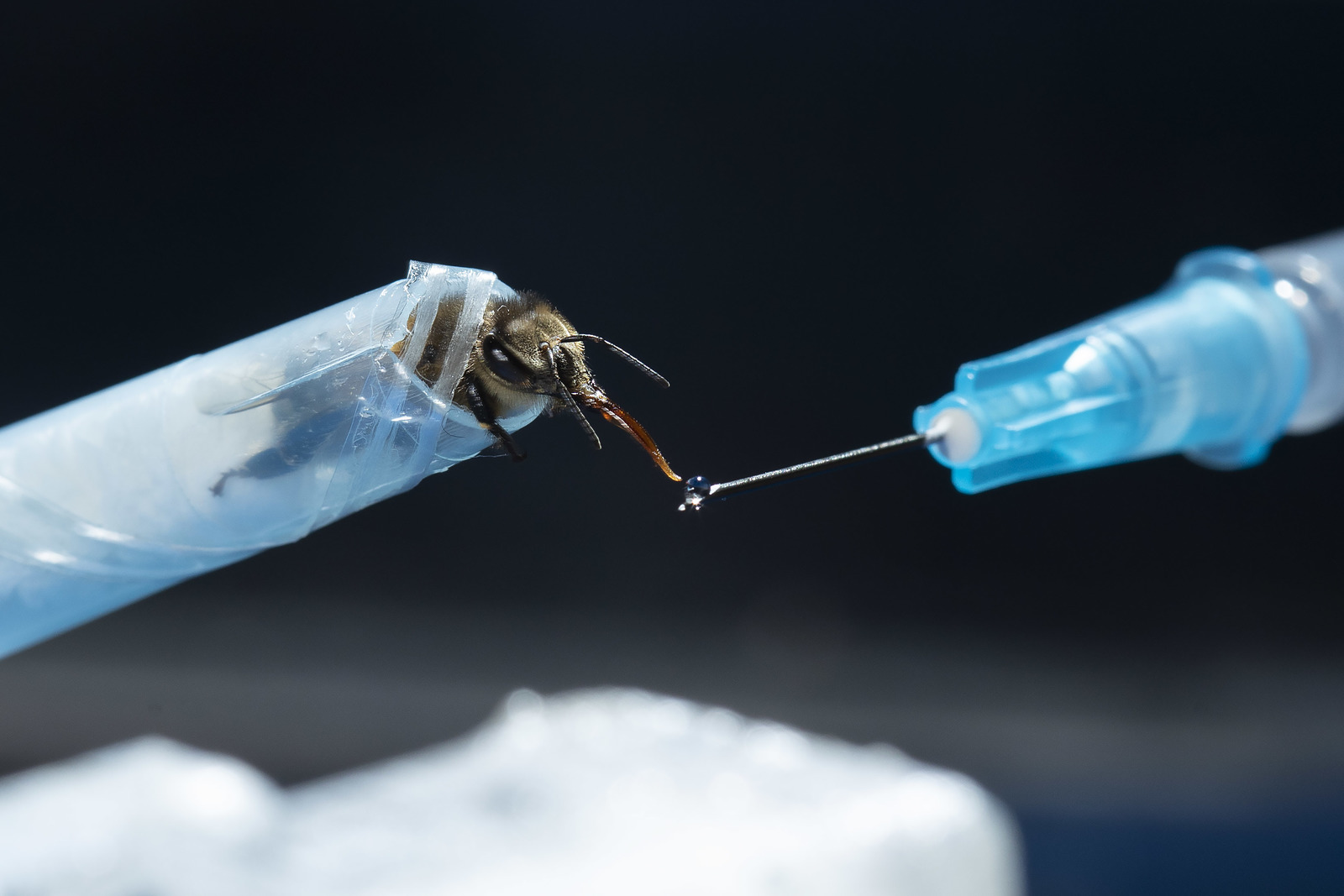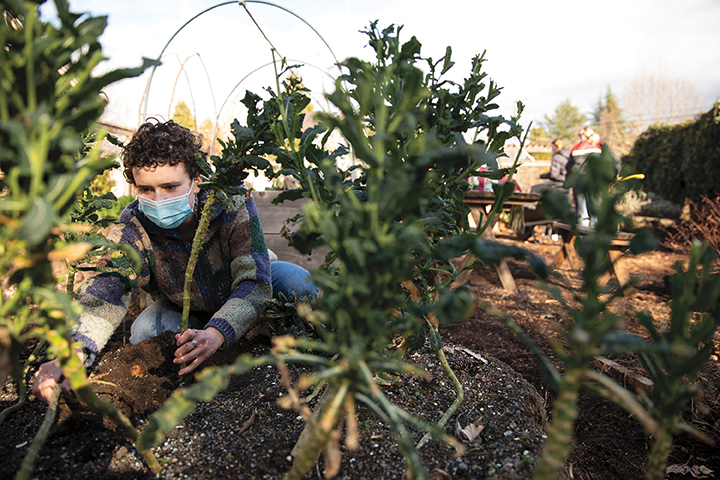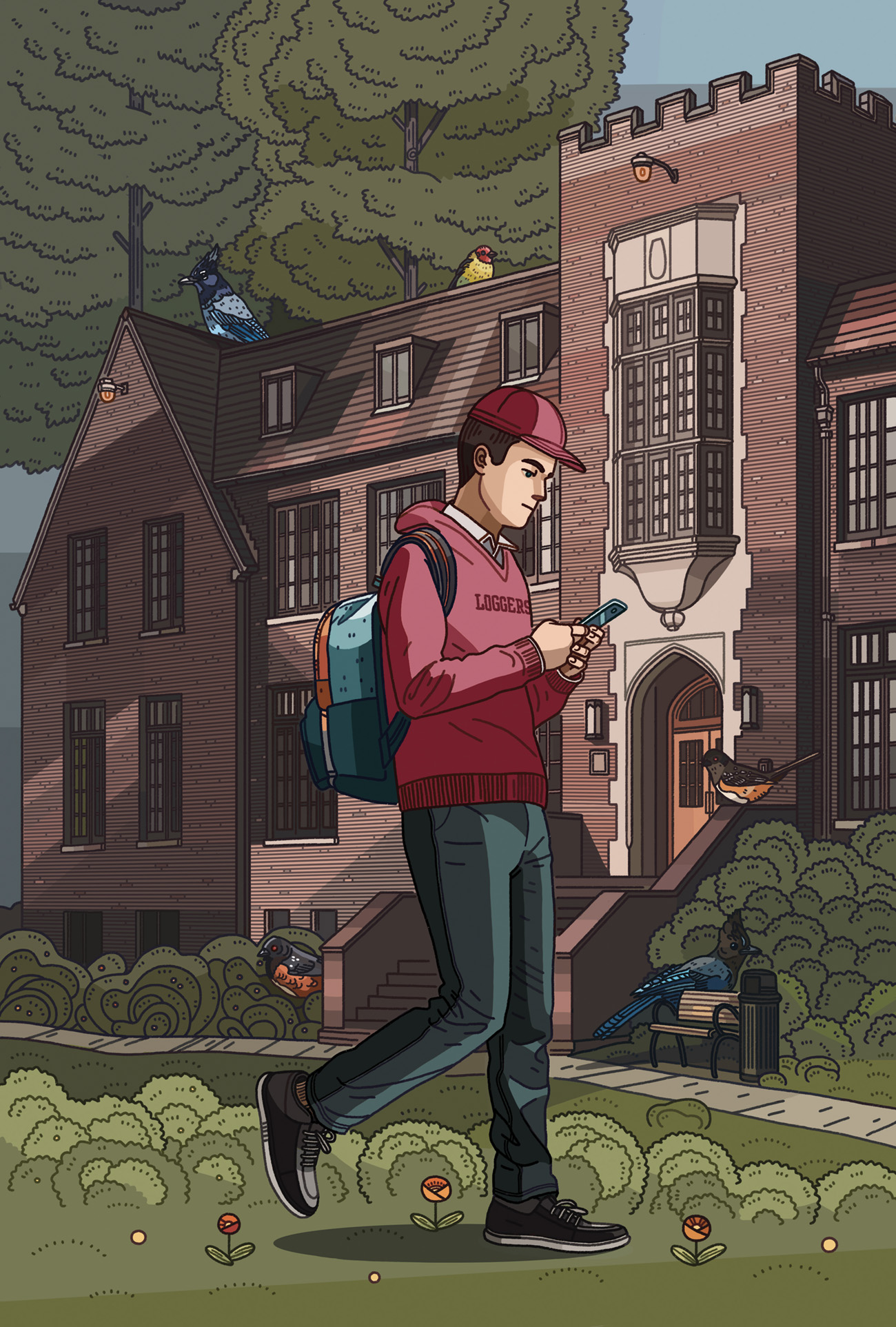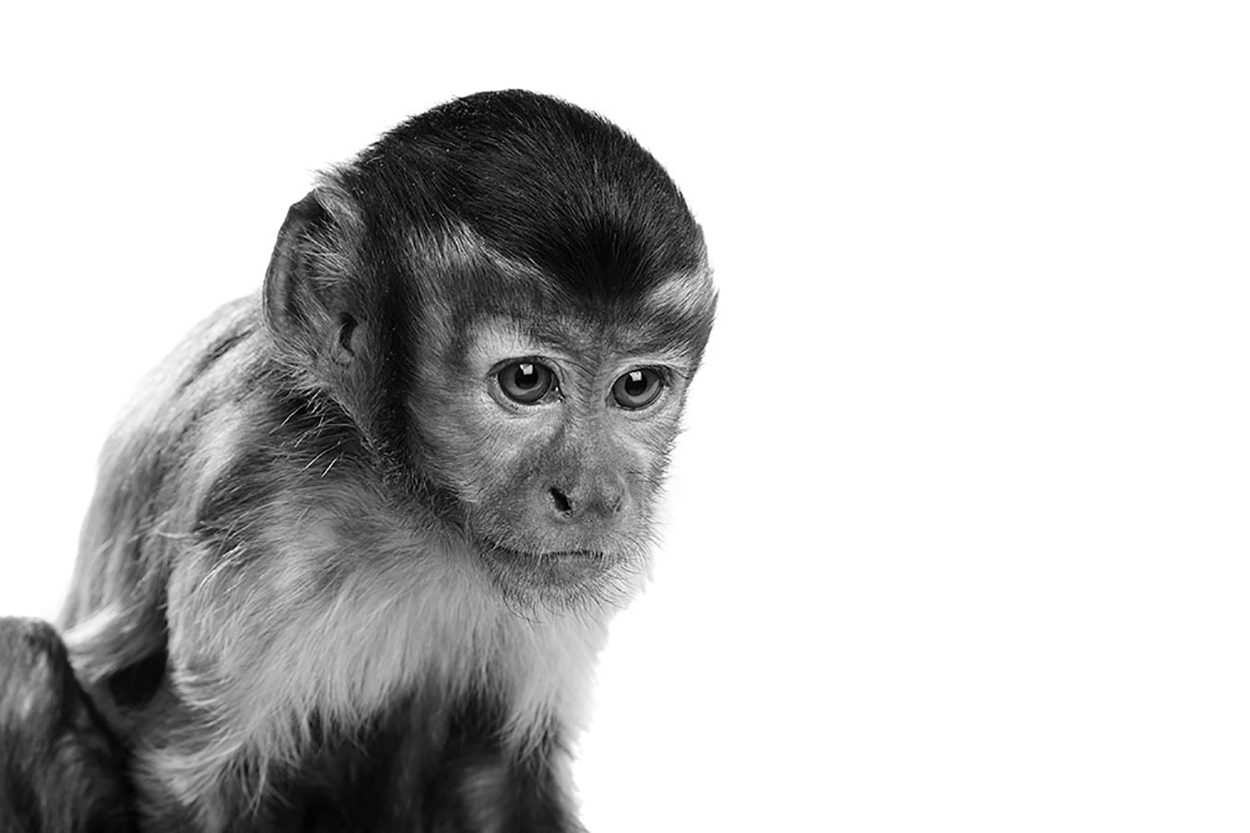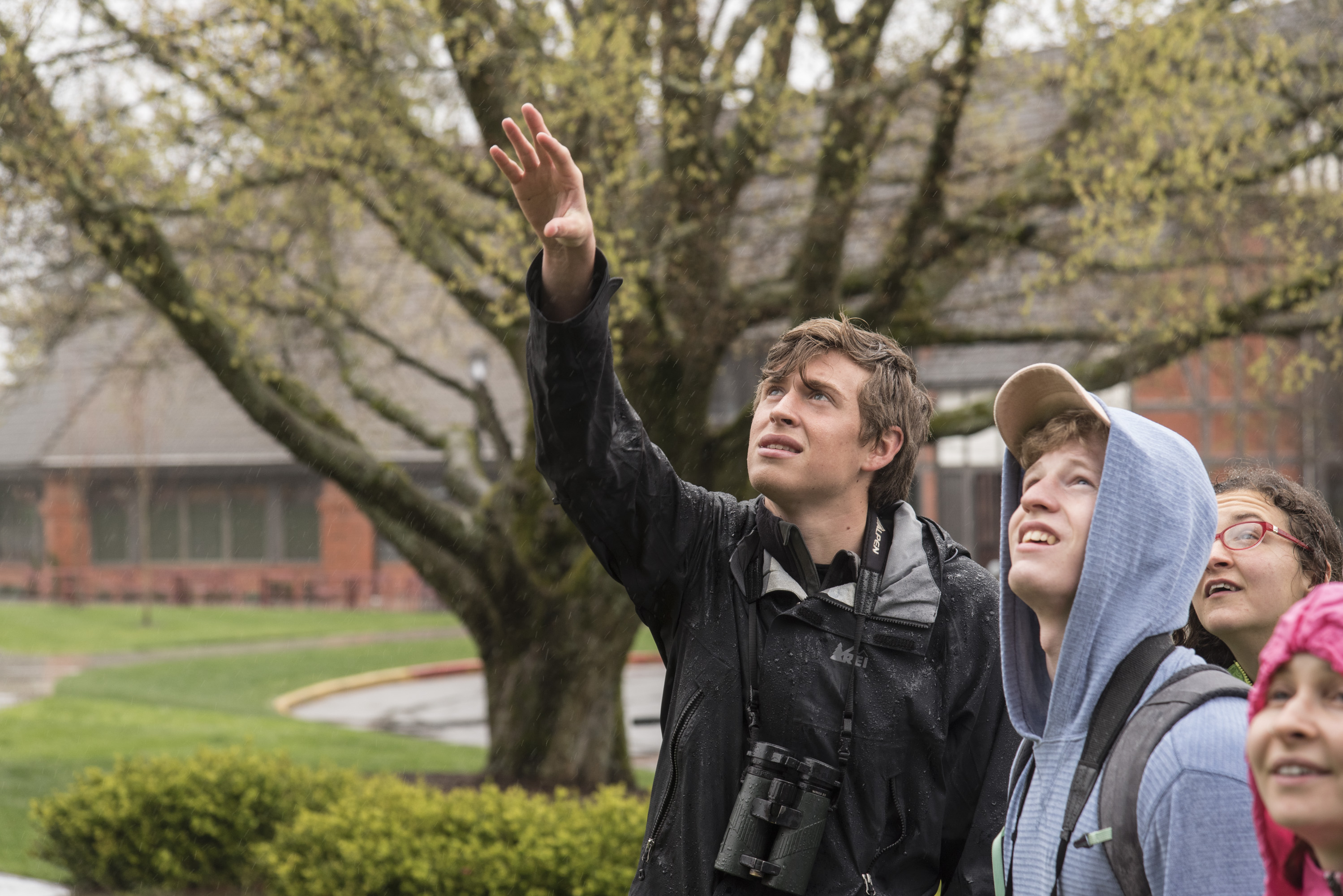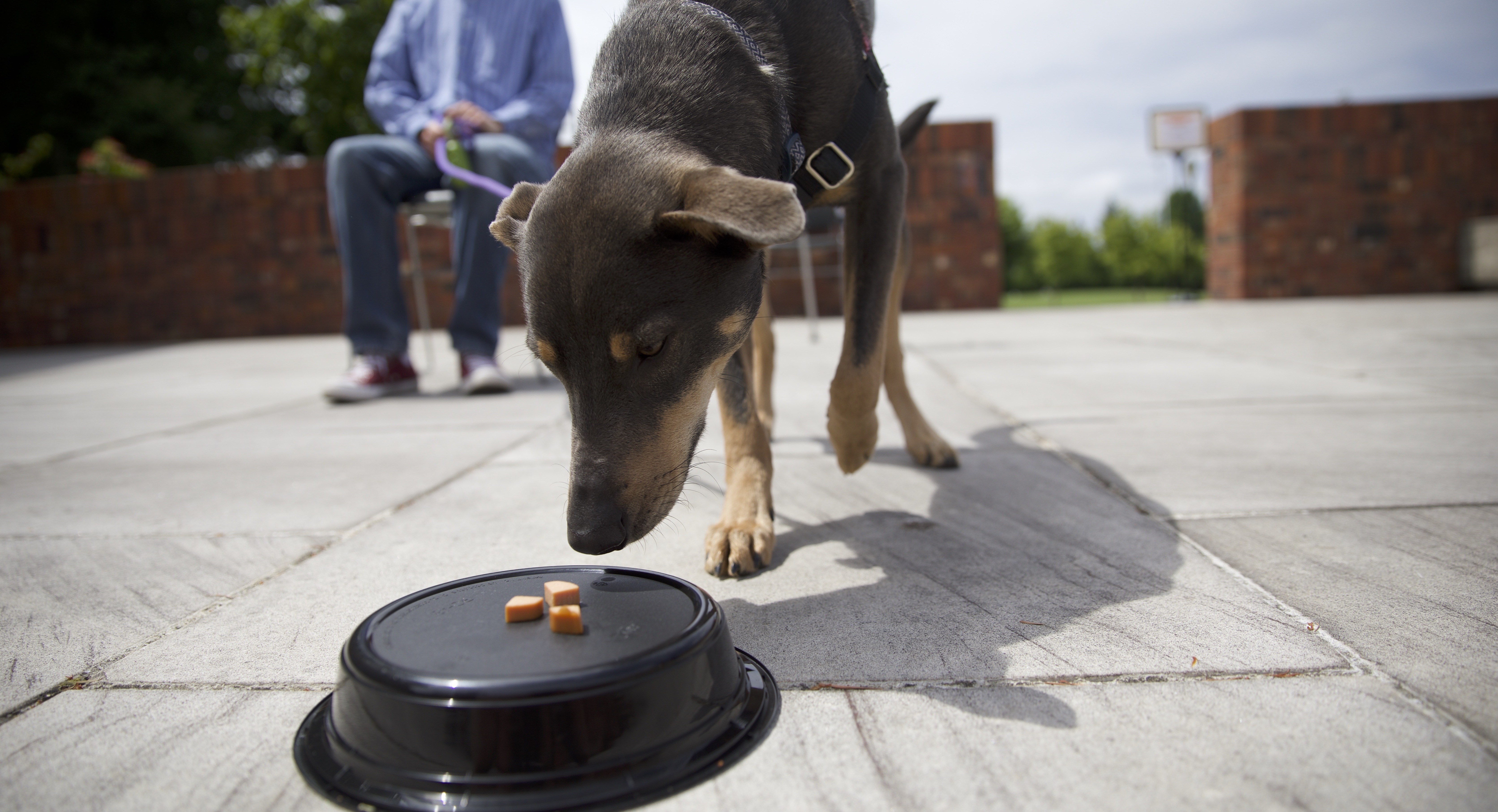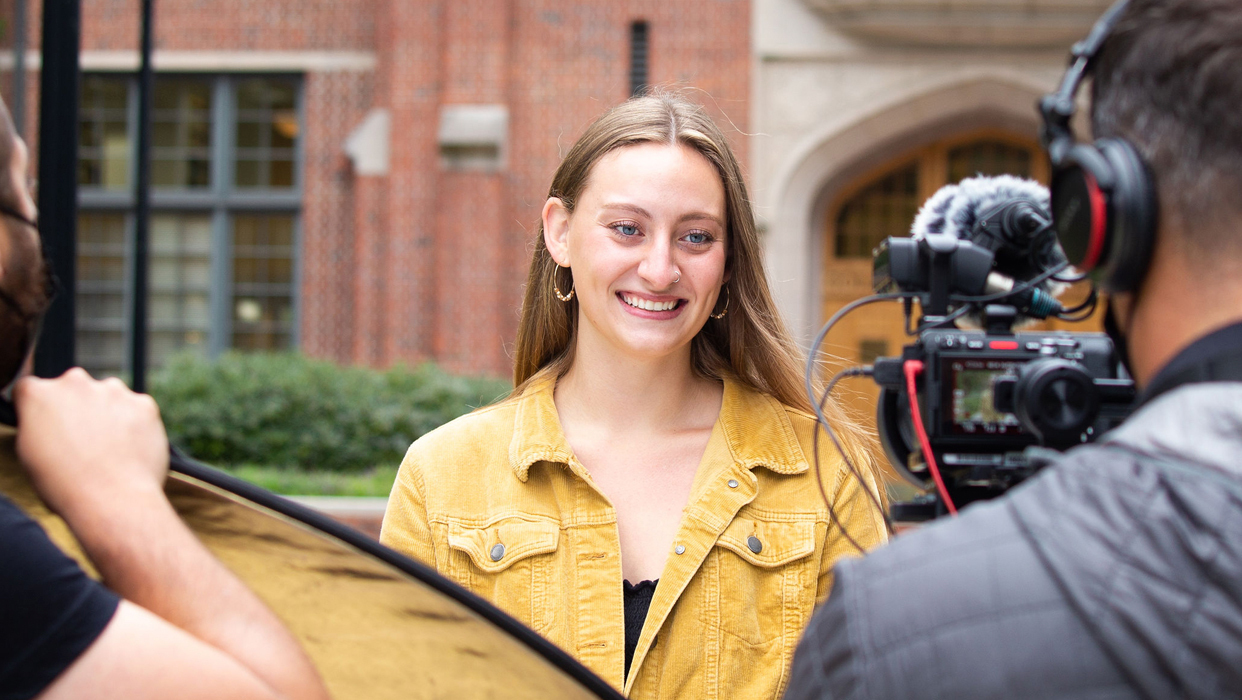What We’re Talking About on Campus
Sports Stars

Puget Sound sports teams had a great winter and spring, including the women’s basketball team, which won the Northwest Conference championship and advanced to the NCAA tournament for the first time in 15 years. The Loggers beat Carroll University in the first round, then saw their season end with a second-round loss to the University of Wisconsin–Stout. Final record: 20-9. Guard Katie Minnehan ’24 had a team-high 15 points in the win over Carroll.
The women’s crew team won the Northwest Conference Rowing Championship on Vancouver Lake—their first conference title since 2015. The Loggers were one of eight teams selected to compete in DIII nationals, scheduled for May 31–June 1.
Jackie Lewis ’24 of women’s track owned the 400- meter dash for her entire Puget Sound career. In April she won her fourth straight NWC conference championship in that event.
In men’s track, first-year competitor Alex Rhodes ’27 took first in both the 200 meter and 400 meter at the conference championships. Rhodes also won the silver medal nationally in the 400 at the NCAA Division III indoor meet, becoming the first Puget Sound men’s sprinter to earn Division III All-America status.
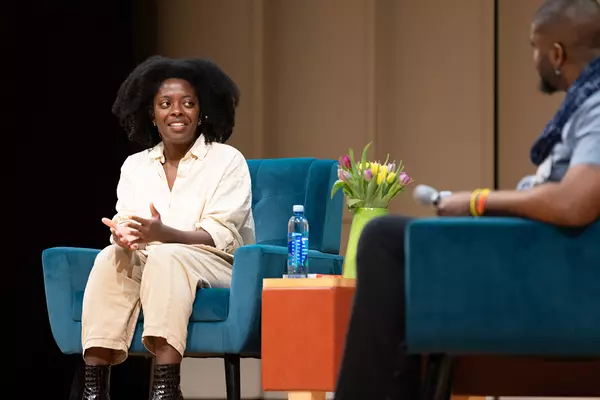
A Special Dialogue
Yaa Gyasi’s acclaimed 2016 novel Homegoing has played a role in several classes in African American Studies at Puget Sound, including AFAM 310: The African Diaspora Experience, in which students prepare for a study tour to Ghana. Homegoing earned the American Book Award, the National Book Critics Circle’s John Leonard Award for Best First Book, and the PEN/ Hemingway Award for a first book of fiction, among other honors.
So it was perhaps no surprise that Gyasi’s March visit to campus sold out quickly. Gyasi and artist Jabari Owens-Bailey spoke to a full house in Schneebeck Hall plus others who tuned in for a livestream. Owens-Bailey is on staff at Tacoma’s Museum of Glass and curated a current exhibition at the museum, A Two-Way Mirror: Double Consciousness in Contemporary Glass by Black Artists. Gyasi and Owens-Bailey talked about themes that appear in both the book and the exhibition, including the concept of “double consciousness” and the African diaspora.
Bringing Gyasi to campus was a combined effort involving the African American Studies program, the Race & Pedagogy Institute, the Museum of Glass, and the Pierce County Libraries. A Two-Way Mirror continues at the Museum of Glass until Oct. 27.
A Love Letter to Drag

The Puget Sound Drag Show—a 25-year-old tradition that was sidelined during the COVID-19 pandemic—made a return in February with “A Love Letter to Drag,” a collection of performances in Upper Marshall Hall. Hosted by Seattle-based drag queen Aleksa Manila, the event featured music, dance, comedy, and stories from local drag performers, including two student drag artists. The show was sponsored by the student-run Gender & Sexuality Alliance, which recently reconstituted after a pandemic hiatus. Before the show, GSA also hosted a seminar with another regional drag queen, Poison Waters, who talked about her three-decade performing career as well as her experience growing up as a person of color in the LGBTQIA+ community. Proceeds from the drag show went to the LGBTQIA+ Leadership Scholarship for students.
A Better Baseball Field
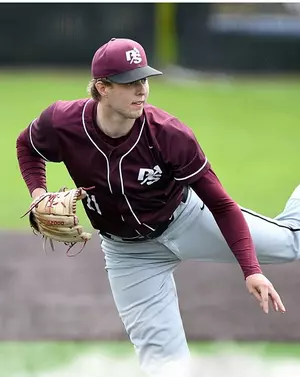
The Loggers are hoping for a new synthetic infield by 2025.
The baseball team’s 24-year-old field may get an upgrade next year, funds permitting: The grass infield will be replaced by a synthetic one that is easier to maintain and will make it usable year-round.
While the majority of Major League Baseball teams play on grass fields, many collegiate teams—especially in rain-prone regions—play on artificial turf. Puget Sound is one of only two schools in the Pacific Northwest Conference to have a grass infield, according to Logger coach Jeff Halstead ’00, MAT’03. The current field suffers from water drainage problems, redirecting the focus of coaches and student-athletes away from training and competition to care for the field.
A new synthetic infield will allow the team to practice outdoors throughout the academic year and will reduce or eliminate the number of games that have to be rescheduled because the field is unplayable, Halstead says. According to Amy Hackett, athletic director, it’s an investment in the championship culture that Puget Sound is working to build.
The upgrade will also make possible other uses of the field and partnerships with leagues and semi-pro teams.
The estimated cost of the project is $1.2 million. The Ben B. Cheney Foundation committed $300,000 to launch the effort and to inspire support from alumni, parents, and community members. Currently, more than half of the $1.2 million total has been raised. (For more information or to donate, go to pugetsound.edu/turf.)
The Cheney Foundation has been supportive of the university for more than four decades, contributing to campus projects including the Susie L. Wilson Welcome Center, the Athletics & Aquatics Center and other athletics facility upgrades, Weyerhaeuser Hall, and the Science Center, as well as to student scholarships. --Tina Hay
PacRim Partners
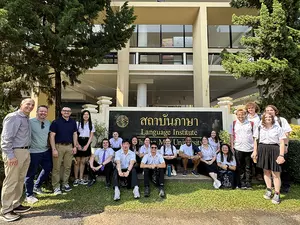
While a group of Puget Sound students took part in the 2024 PacRim trip this past winter and spring, a trio of university administrators headed to Asia as well, to forge connections with local universities and meet Loggers living in the region. President Isiaah Crawford and two vice presidents—Victor Martin (university relations) and Matthew Boyce (enrollment) met with schools and universities in Chiang Mai, Thailand, and Fuzhou, China, and explored partnership opportunities for student and faculty exchange programs. They also had dinner in Chiang Mai with this year’s PacRim students and faculty. Crawford and Martin attended an alumni gathering in Tokyo hosted by Tadahiro Kawada ’85, while Boyce made additional visits in Taiwan.
